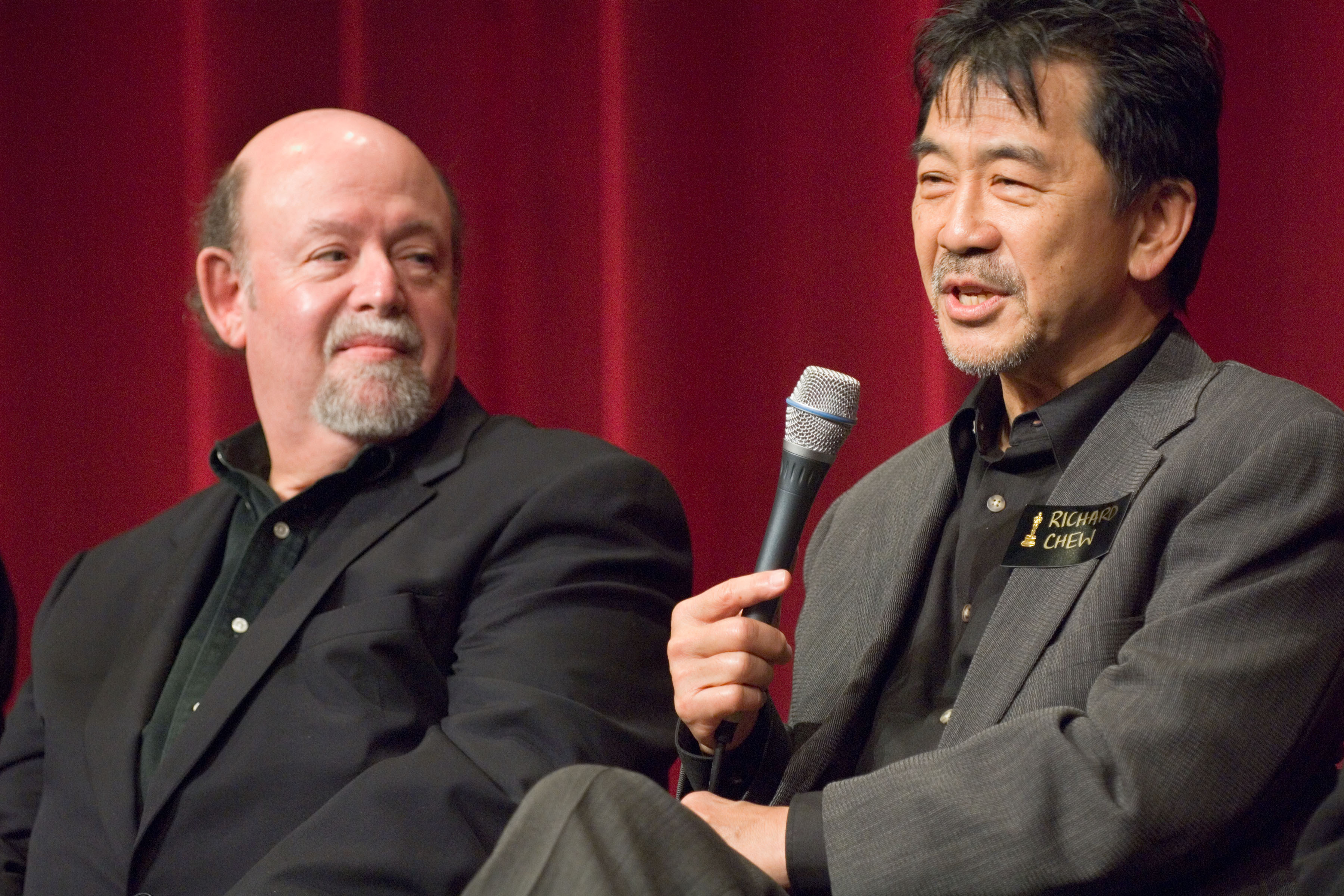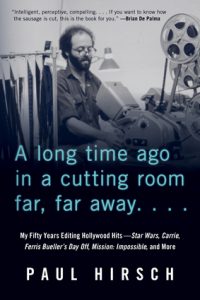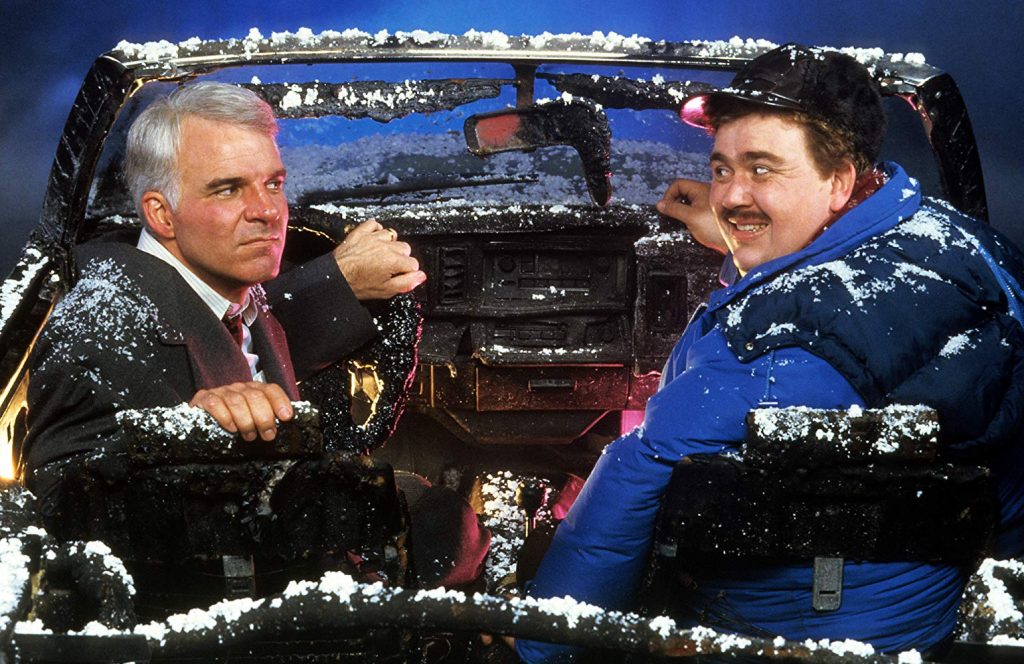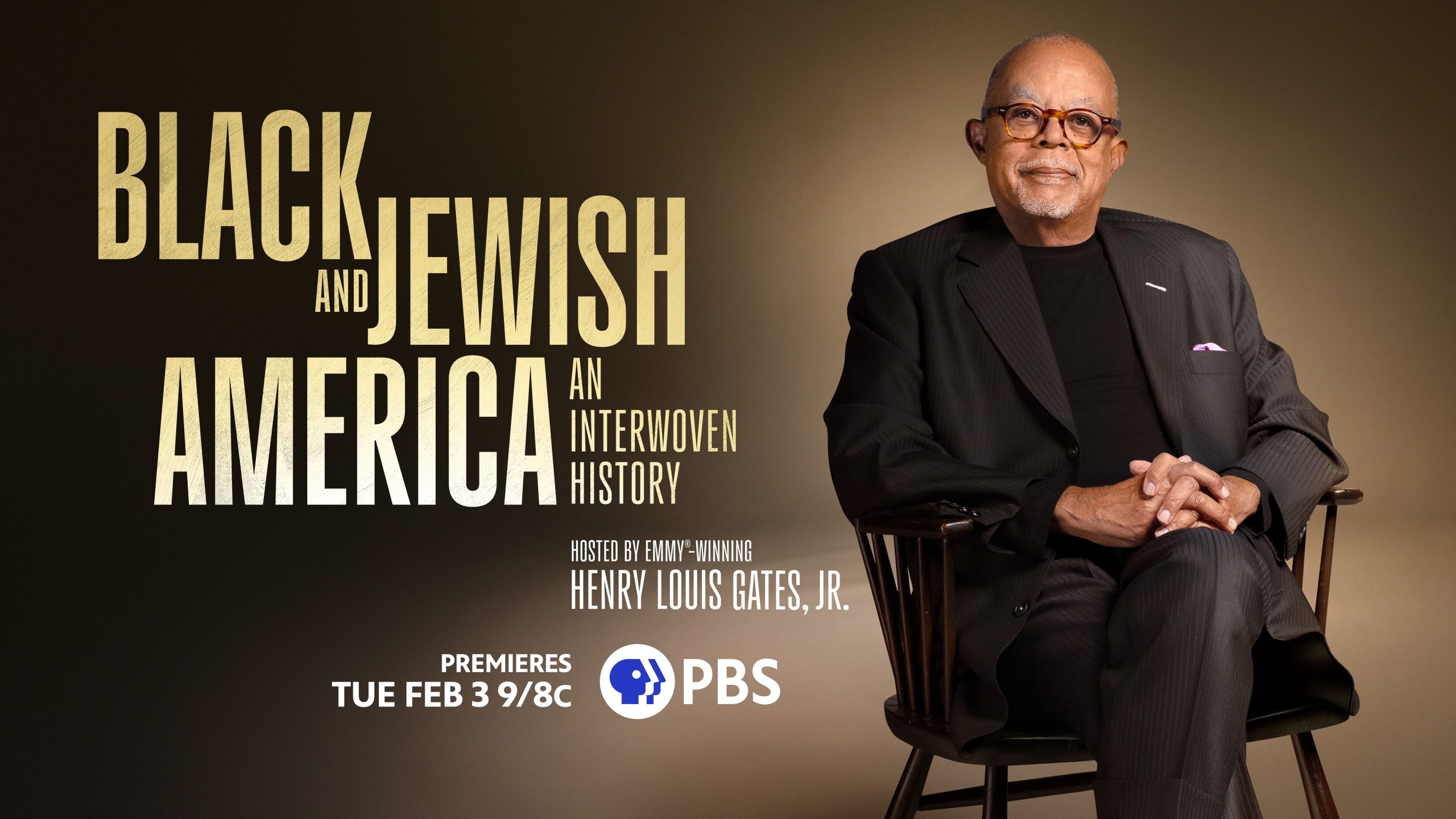
Oscar-winning film editor Paul Hirsch spoke to Solzy at the Movies over the phone about his new memoir, A Long Time Ago in a Cutting Room Far, Far Away.

When did you first get the idea to start writing a memoir about your time in the trenches?
Paul Hirsch: It was in 2000. I was on location in Vancouver and my wife was back in LA and on weekends, I was alone and bored. I’ve been telling some of these war stories for many years with some success. I thought I should really write these stories down. I wasn’t thinking about a book at that point. I was just thinking about writing down the stories that I’ve been telling and then I continued doing that whenever I had the opportunity. There were times in the interim where I would abandon it for two or three years at a time when I was working. Then, as the years went by, the periods employment grew shorter and the periods of unemployment grew longer and I spent more and more time on it. It became clear that I was writing a book. That’s how it started.
Technology has changed a lot since you first started editing films and trailers. Have the digital changes made things easier on you as an editor?
Paul Hirsch: Actually, I wrote an article for the Editors Guild magazine, Cinemontage, called “The Droid Olympics: When Editing was a Competitive Sport.” Avid is the computerized editing system. It made the work easier and the job harder. So from an artistic standpoint, it’s incredibly empowering and enables you to do quickly things that used to take a long time. But because things happen so rapidly, it encourages people whose attention span is notoriously short to become involved in the process—people like studio executives.
One of the things I often think about is how a film like Star Wars would look if it had been made today rather than in the 1970s. When you were working on the film, did you have any idea that this film was going to become so big?
Paul Hirsch: No. We had no idea. I mean, who could have thought that? I still don’t quite understand the magnitude of its success. It’s quite remarkable. There are other film franchises that have had a longer history like the Bond films and there are other successful franchises but somehow Star Wars seems to occupy a special place in people’s imagination that is distinct from all the others. I don’t really understand the phenomenon to tell you the truth.
Have you ever made it out to Star Wars Celebration?
Paul Hirsch: No, I haven’t.
Between reading the book and glancing at IMDB, you’ve worked on so many of my favorite films over the years. The sync issues for Footloose must have been very frustrating.
Paul Hirsch: That still is an issue with me. When I watch things on TV, it drives me crazy.
I can imagine.
Paul Hirsch: My own personal hell.
I’ve watched Ferris Bueller’s Day Off quite a few times and until reading your book, I had no clue that the random guy dancing nearby wasn’t even supposed to be in the film.
Paul Hirsch: Yeah. That was a happy accident. This is what we look for: the unplanned, spontaneous spark of something and try to include as much as possible. It’s very interesting about that guy because every time I’ve seen the movie with an audience, they react instantly as if they can tell somehow that it’s spontaneous and genuine. They just feel it.
I attended a screening at Millennium Park a few years ago and people were dancing during “Twist and Shout.”
Paul Hirsch: That’s great.

Planes, Trains, and Automobiles is a Thanksgiving favorite. One of the things I like about the film is the ending and after reading the book, it gives me some more insight into an editor’s role on the film. What were some of the challenges in getting the film cut down from almost four hours to its current running time?
Paul Hirsch: Yeah, we cut out more than we left in. We were working under extreme pressure because the release date had already been set. In those film days, things took a long time so you can count back from the release date to the point where you had to be absolutely locked with the picture. Nowadays, you can push things a little further but it was it was like laying track in front of a moving locomotive. We had this picture that we thought was working great and we went into previews in the beginning of September and discovered that the people were walking out. We were just totally surprised and stunned and we had something like nine screenings to figure out what the problems were and I guess we identified them at the end but it took a lot of hard work. To do nine screenings in a month means you’re turning it around twice a week. This is on film and doing a new mix so we were working very hard.
What was it like having to work with John Hughes?
Paul Hirsch: Well, John was brilliant. I mean, he was such a talent—sort of a genius but he was a material genius as well so there were times when his mood was shift. But most of the time, my memory of it was that there was a lot of laughter. We were cutting in a room on the Paramount lot that had once been a storage facility for nitrate film. So there are all these pipes running across the ceiling—sprinkler pipes in case there was a fire—because nitrate is notoriously explosive and flammable. We had this old furniture that somebody dragged in there and it felt like you were in somebody’s suburban basement playroom. He would tell these stories and it was it was really fun. Of course, the material was so funny and he would improvise routines while I was working. There were times that I had to stop. I couldn’t work. I was laughing so hard. I once tried to record what he was saying and he saw me he shook his finger at me—“No, no, no. This is not to be recorded. This is just for us.” He was quite remarkable. He had direct access to his muse. He would write for hours without pausing.
I described in the book how he came to the mix of Ferris Bueller one day and handed me 60 pages in an envelope. I said, “What’s this?” He said, “I wrote it last night.” It was the first 60 pages of Planes, Trains, and Automobiles. He had written it in one sitting and it had never changed. He was quite remarkable.
Do you find it easier working on films that are improv heavy or less improv heavy?
Paul Hirsch: Well, I would say less. I haven’t worked on that many films that requires that rely much on improvisation but when I have it’s always a challenge because in improvisation, what happens is, in my experience at least and I don’t have that much to tell you the truth, but in my experience, the actors sort of flounder around and then they suddenly find something that really works, and that’s what you want to use. But often, what seems to work in the context of the actors floundering around turns out that when you take it out of that context, the thing that you thought was so great really isn’t so great. It just seems that way because it came out of the floundering around so it’s a little bit—it’s not the kind of movie that I’ve been offered terribly much. I don’t know why but the pictures that I get offered have tended to be pretty mainstream. I don’t get offered dramas that often. Comedies, action pictures. The few dramas that I’ve done, I’ve enjoyed. I haven’t really dealt with improvisation that much.
Is there a film that you’ve been offered but couldn’t work on because of scheduling conflicts that you really wish you could have been able to work on?
Paul Hirsch: Well, I was working on Carrie when Steven Spielberg offered me Close Encounters and I had to turn it down because I was working. The consequence was that I ended up working on Star Wars. My only regret is that I never got a chance to work with Steven and I think it would have been exciting to work with him.
After the cake incident with Tom Cruise, do you open gifts immediately these days?
Paul Hirsch: The Tom Cruise cake, yes. We’ve learned our lesson.
Other than reading your book, what’s the best advice you would give to an aspiring editor?
Paul Hirsch: Oh, gee, the industry has changed so much since I came up. I really don’t know what to tell people these days. I would say the circumstances have changed so much. At this point, even high school students have access to editing tools and programs. I would say to somebody just cut as much as you can—just cut anything you can get your hands on and network with people who are cutting and being paid for it as much as possible.
I think Malcolm Gladwell wrote this book about mastery. You need 10,000 hours of doing something before you achieve mastery. I would suggest work on it and just practice your skills. Do as much cutting as you possibly can. Stay on the path because eventually if you can stay on the path, you will get to where you were going.





